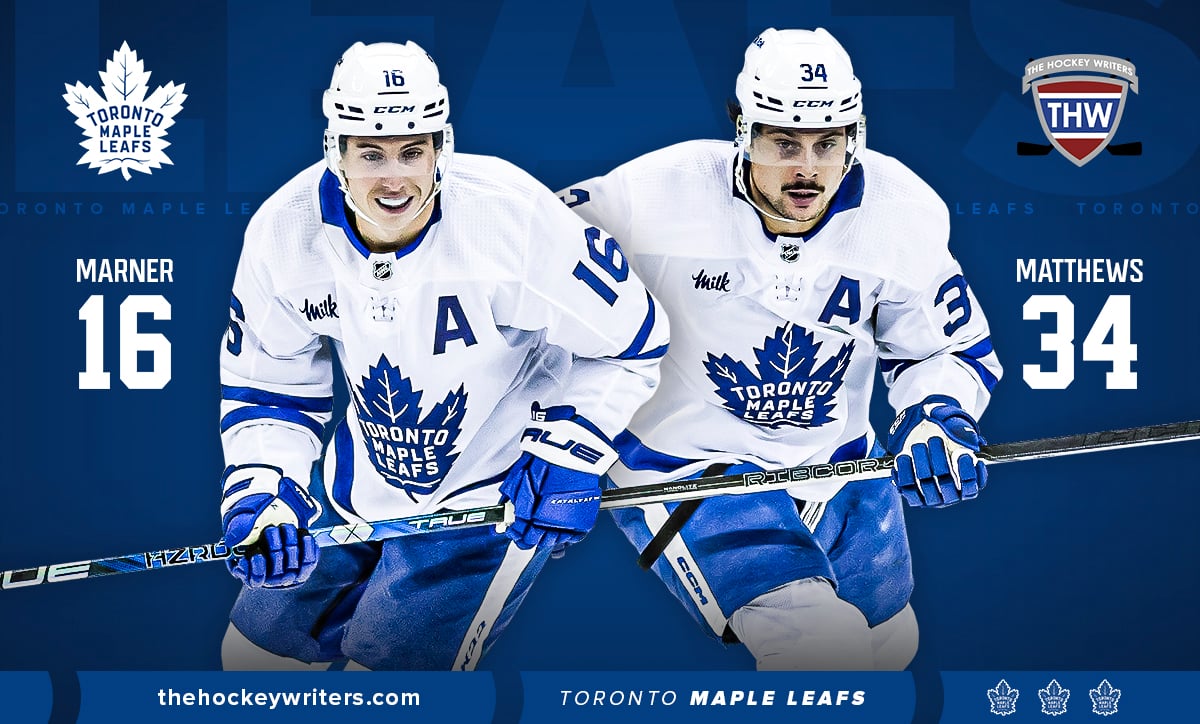Seven Canadian teams. Over 30 years. Millions of devoted fans and a country that lives and breathes hockey. And yet, since 1993, not a single Canadian franchise has managed to bring the Stanley Cup home.
Related: Kane Reunion with Oilers, McTavish Trade & More NHL Rumors
How is it possible that the birthplace of the game, with all its history, talent, and national pride, continues to fall short? This drought isn’t just a sports story anymore — it’s a cultural riddle. And every spring, when another Canadian dream dies, the question grows louder: what’s holding Canadian teams back?
Hockey Is Woven Into Canada’s DNA
For a country where hockey is practically woven into our DNA, going over 30 years without a Stanley Cup win by a Canadian team feels like a punch to the national pride. There are seven Canadian NHL franchises, and yet not one has lifted the Cup since the Montreal Canadiens did it in 1993 led by Patrick Roy. That’s more than just a stat—it’s a source of genuine frustration for generations of fans. So what gives? Is it just bad luck? Or is there something deeper going on?
Here’s the straight truth: the NHL has changed. Today’s league rewards resilience, depth, and adaptability—not perfection. Winning the Stanley Cup in this era requires more than just having a great regular-season team. (Just ask the Toronto Maple Leafs.) It also necessitates a strong playoff performance.
Canadian Teams Have Come So Close, Yet Still Empty-Handed
Canadian fans have been through the emotional wringer. The Vancouver Canucks came heartbreakingly close in 1994 and 2011. The Calgary Flames’ magical 2004 run fell one goal short. The Edmonton Oilers‘ 2006 underdog charge (led by Chris Pronger) nearly shocked the league. And most recently, the Oilers again showed promise in 2024 and 2025, only to fall just short. These weren’t just unfortunate endings—they were gut-wrenching failures that reminded us how hard it is to win it all.
Related: Projecting the Maple Leafs’ Opening Night Roster
But they also made something obvious: being good is no longer good enough. The playoffs are unpredictable and punishing. You need four consecutive series wins, often facing completely different styles of opponents. One bounce, one injury, one cold streak—and the whole thing can unravel.
The Money Problem: Playing Catch-Up Off the Ice
The NHL’s salary cap system was designed to level the playing field, but Canadian teams start from behind in several key areas. Finances matter more than most fans realize.
Exchange rate: An $8 million contract paid in U.S. dollars stretches a lot farther for players living in Florida or Nevada than it does for those in Vancouver or Ottawa. That means Canadian teams often have to “overpay” to match the net income offered elsewhere.

Auston Matthews’ $13.25 million does in Ontario. (The Hockey Writers)
Taxes: Add in higher income tax rates—especially in provinces like Ontario and Quebec—and the gap widens even more. Players take home less, and agents know it. For many free agents, signing with a Canadian team comes with a built-in financial hit. For Canadian teams, that means – all things considered – a weaker roster than an American team in a non-income tax state.
Related: What Are the Canucks Really Doing with the Vitali Kravtsov Signing?
This makes roster-building more challenging. It’s not just about finding talent—it’s about fitting that talent under the cap without sacrificing depth. And when Canadian teams are forced to pay more to stay in the mix, it limits flexibility and long-term planning.
It’s Not About the “Best” NHL Team—It’s About the Right Team
Modern playoff success isn’t about dominating in one way. It’s about versatility. Think of team construction like a game of rock-paper-scissors: Offence (rock) can overwhelm goaltending. A hot goalie (scissors) can steal games from defensive teams. Stifling defence (paper) can neutralize elite offensive lines.
The lesson? Teams that rely on a single strength usually get exposed. To win four rounds, you need multiple ways to beat your opponent—and the depth to adapt when things go sideways.
Related: What the Canadiens Could Offer to Land Mason McTavish From the Ducks
Smart franchises aren’t just hunting for big names anymore. They’re digging for value: underrated forwards, mobile third-pairing defencemen, backup goalies who can win a round, and prospects developed in-house. These are the puzzle pieces that can shift a playoff series—and a Stanley Cup run. Depth and adaptability are now just as important as star power.
For Successful Postseasons, the Long Game Is the Only Game
Yes, the Canadian drought stings. But there’s reason for optimism. The Canadian teams best positioned to end it aren’t relying on quick fixes or flashy moves. They’re playing the long game—building depth, balancing cap space, and preparing for playoff adversity. The Winnipeg Jets are doing just that this offseason. The Montreal Canadiens and Ottawa Senators are building from the ground up.

(Mandatory Credit: Nick Wosika-Imagn Images)
It doesn’t matter if it’s a perennial contender like Edmonton or Toronto, a surging team like Vancouver, or a rebuilding club like Ottawa or Montreal—one of them will figure it out. Eventually.
Related: 3 Teams in & 3 Teams Out of the NHL Playoffs in 2026
The question is: which Canadian team will finally end the drought—and when? Could it be this season? Canadian fans can only hope.
[Note: I’d like to thank Brent Bradford (PhD) for his help co-authoring this post. His profile can be found at www.linkedin.com/in/brent-bradford-phd-3a10022a9]
